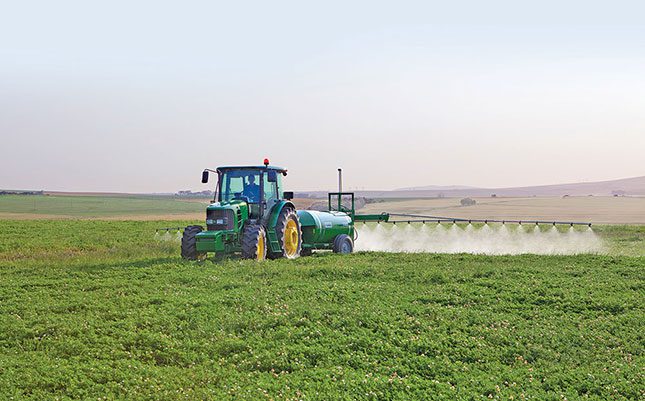
The framework was adopted after the 5th session of the International Conference on Chemicals Management, held in September in Bonn, Germany.
The main aim of the conference was to adopt a ‘Beyond 2020’ chemicals and waste global policy framework instrument.
The framework calls for, by 2035, a phasing out of highly hazardous pesticides in agriculture where the risks have not been managed and safer alternatives are available, and further seeks to strengthen links between the new instrument and the climate, biodiversity, human rights and health agendas.
Creecy welcomed the success of the South African negotiating team for working tirelessly as part of the Africa group of negotiators.
The Global Framework on Chemicals Fund was aimed at benefitting stakeholders in developing countries on the implementation of priority targets to manage chemicals and waste: “It provides a vision for a planet free of harm from chemicals and waste, for a safe, healthy and sustainable future, and is operationalised through concrete targets and guidelines for key sectors across the entire life-cycle of chemicals that aim to improve the sound management of chemicals and waste.
“The poor and other vulnerable groups who are the most adversely affected by the impact of chemicals and waste, would benefit positively from environmentally sound management of chemicals,” she said.
The Global Framework on Chemicals Fund will be financed from contributions from all stakeholders, including the private sector. Host country Germany said it would pledge €20 million (about R400 million) to the new fund envisaged under the framework. France announced that it would contribute €400 000 (R8 million) in 2024.
Creecy said governments had committed to creating, by 2030, the regulatory environment to reduce chemical pollution and implement policies to promote safer alternatives.
“Industry has also committed to managing chemicals in a way that reduces chemical pollution and adverse impacts. The poor and other vulnerable groups who are the most adversely affected by the impact of chemicals and waste, would benefit positively from environmentally sound management of chemicals,” she said.













